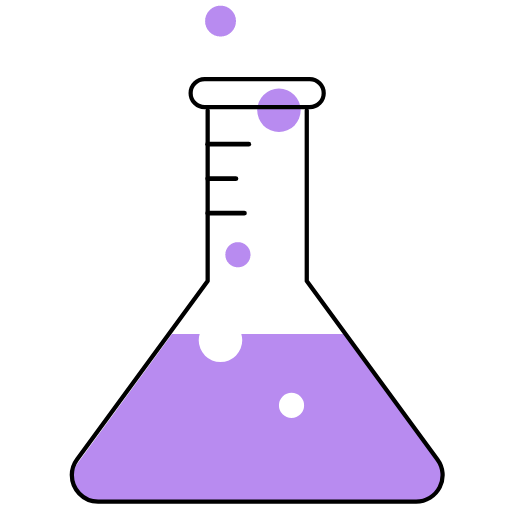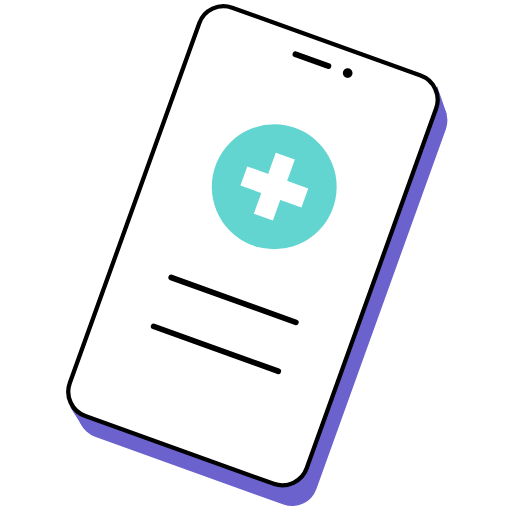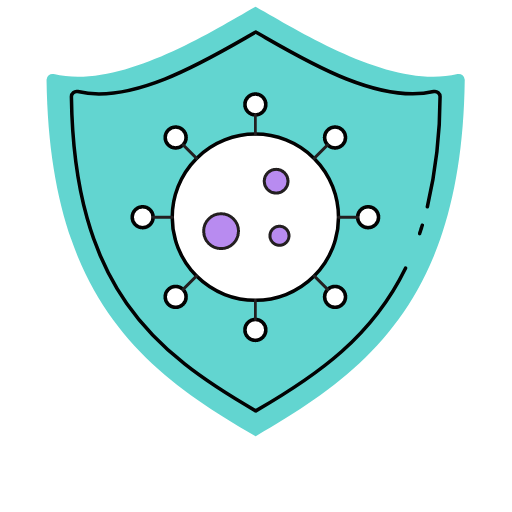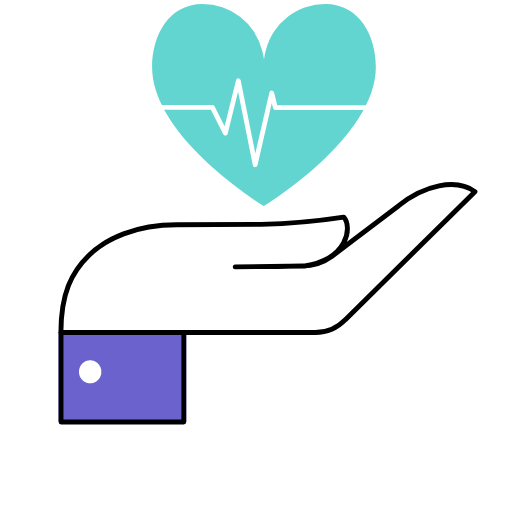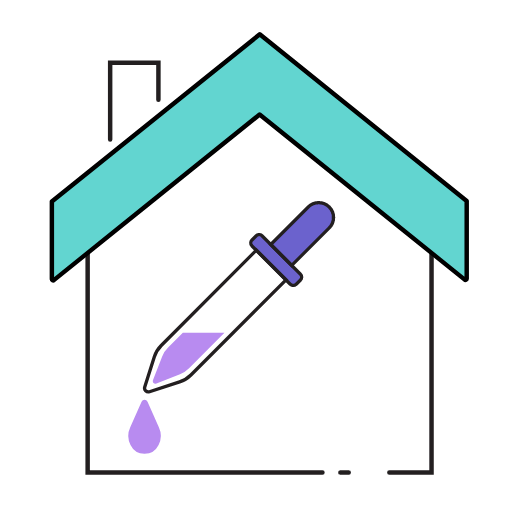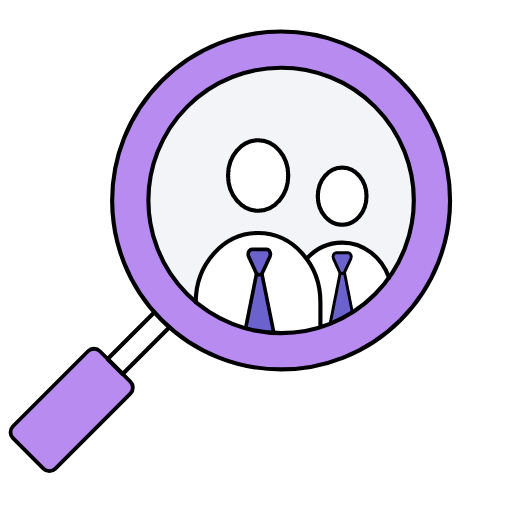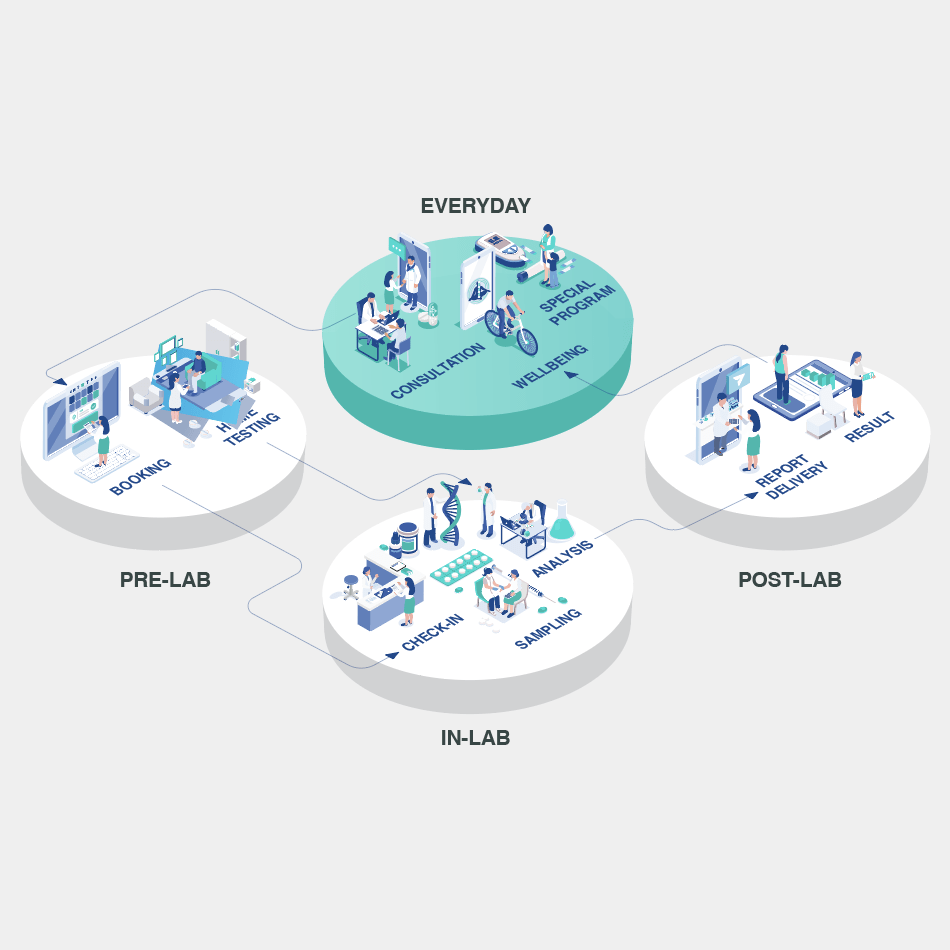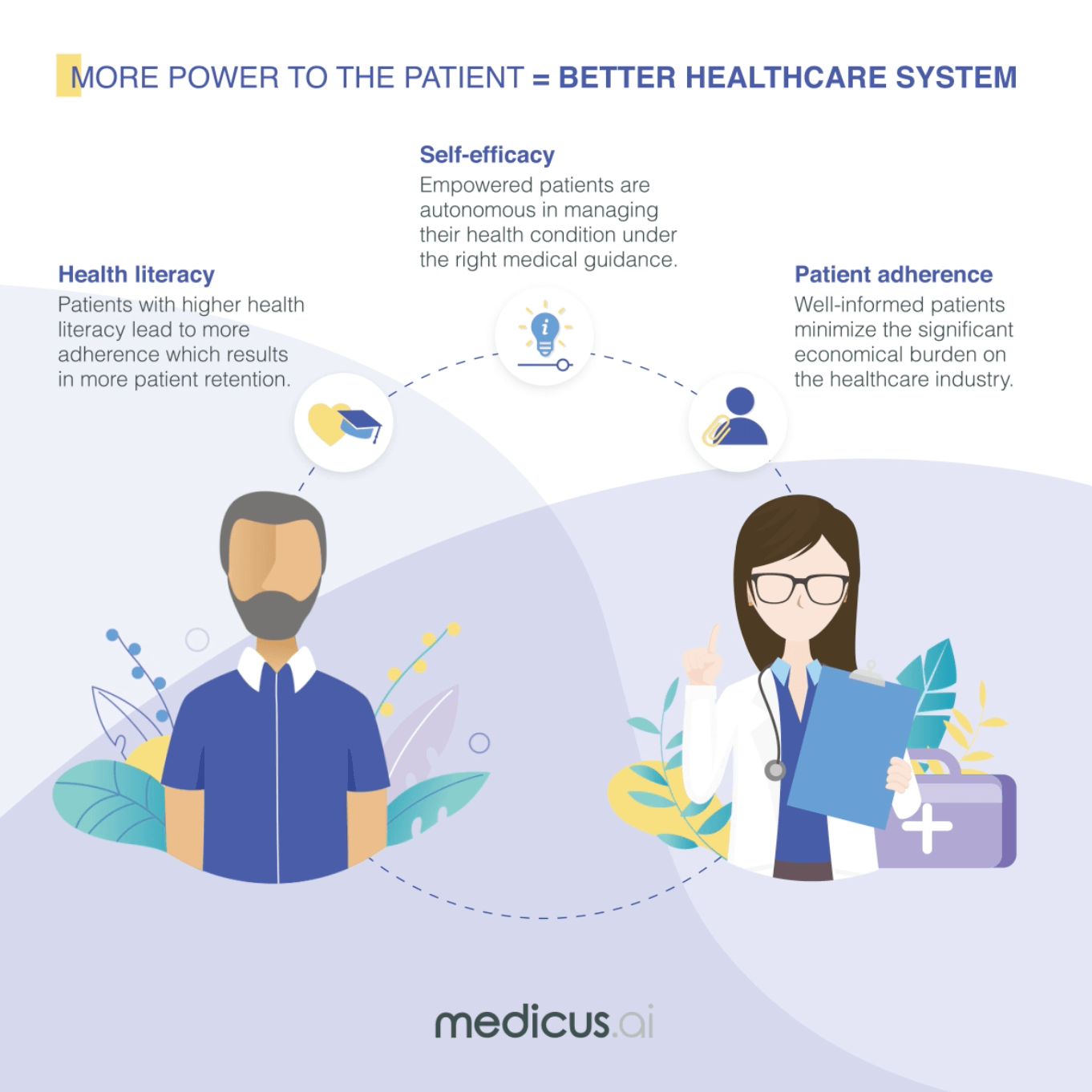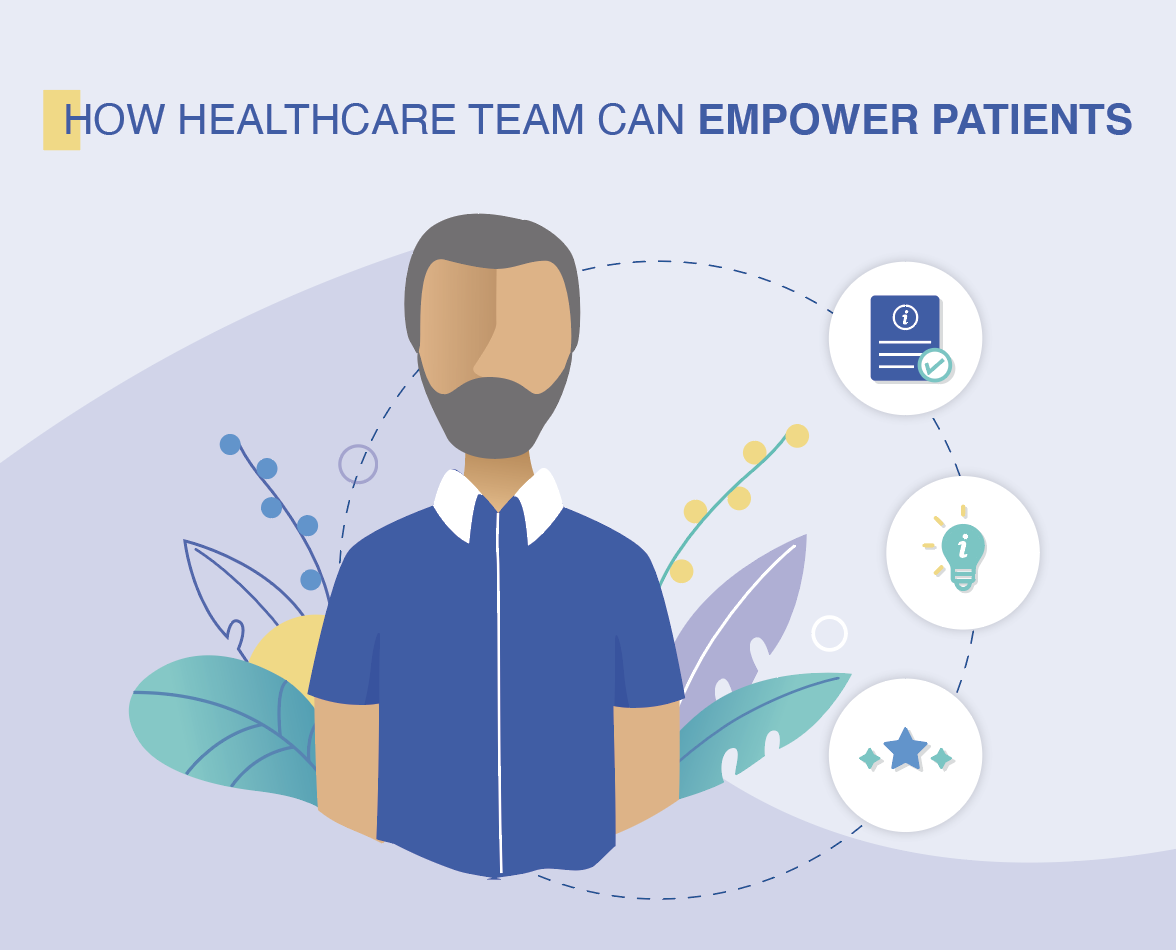Empowerment.
A word that is no stranger to our times. Often used in socio-political discourse to advance the cause of vulnerable groups, empowerment can be briefly defined as the act of giving someone more control over their situation. Terms like personal empowerment and female empowerment can be well heard on the news and read on web blogs.
The medical world however, has an empowerment theme of its own: patient empowerment. The World Health Organization (WHO) defines patient empowerment as “a process through which people gain greater control over decisions and actions affecting their health”. Patient empowerment is therefore a process, not a single act of completion that immediately achieves optimal results. The patient does not simply wake up one day and decide to be empowered, nor can he order it from the latest uberized app on his smartphone: I think I’ll order some power with extra control from the menu today. No. That’s not exactly how it happens. Several factors must come together to achieve this noble goal, a goal that sits high among our priorities here at Medicus.

Correct Information
In all walks of life, proper decision-making requires the right information. We’ve all heard the expression armed with knowledge and for good reason. Empowering patients begins through educating them and helping them access the correct and necessary information about their health. Patients have the right to understand their situation in all its intricacies. At Medicus, we adopt the same approach by constantly ensuring that information displayed through platforms such as Smart Reports and Homewell is trustworthy, and that sources are cited when needed. This is also reflected in our daily operations by encouraging open and transparent communication with all our clients.
Understandable Information
We’ve established that patients must receive accurate and correct information about their health. However, such information becomes completely pointless if the patient cannot understand it. It devolves into nothing but merely ink on paper. The European Patients Forum (EPF) highlights education as one of the pillars needed for patient empowerment. Patients can make informed decisions about their health if they are educated through easily understandable information. These principles are well respected within Medicus. For instance, each biomarker displayed on the interfaces of our different patient-centered products are explained in layman’s terms to users. This ensures that patients do not face challenges in understanding their test results and are well-equipped to take the next step to reach a healthier outcome.
Patient Confidence
Naturally, in order for patients to be empowered, they must both want and believe that they can be empowered. Empowered patients are those who are confident that they can take control of their health situation. Even when they don’t know what steps to take, they’re confident enough to ask a professional. Healthcare professionals play a part in building that confidence through supporting patients and helping them in accessing their own environment and resources to improve their health. We strongly believe in raising patients’ confidence in their health decisions which is reflected in the way our platforms operate. Smart Reports turns complex blood tests and medical reports into user-friendly interactive digital data visualizations that allow patients to enhance their understanding of their health. Smart Wellbeing assists patients in enhancing their wellbeing to attain a healthier lifestyle through evidence-based coaching programs. These two Medicus platforms may be different in function and objective, yet they both lead to higher patient confidence which lays the foundation for an empowering process to take place.
The aforementioned factors are only a few of the necessary elements that contribute to the empowerment process. External circumstances and stakeholder influence also play a significant role in this regard. What is important to highlight is that patient empowerment does not happen in the blink of an eye, nor does it occur in a vacuum. It is a non-linear, ever-changing process that requires the active involvement and dedication of several entities. It requires an enabling environment, organizational structures, and uncompromising values. It takes the patient from being an idle receiver to becoming a vital cog of the healthcare delivery cycle, and it is something that we should continuously strive to achieve for the development of this noble profession.

